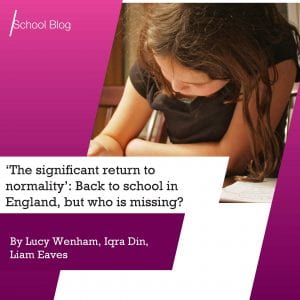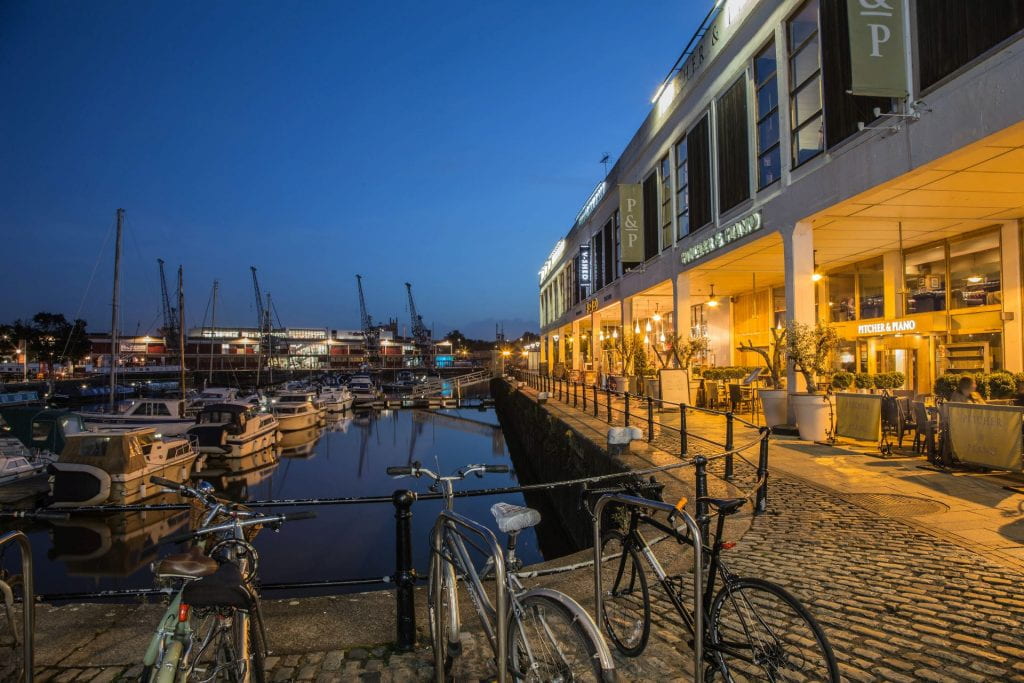Power Education supports the learning of local secondary school children with weekend study sessions and has gone from strength to strength since its formation in September 2023. In this blog, they share how this remarkable educational resource came to be.
The origin story
All stories have a beginning, and this one starts with an idea. Our protagonists, Ilyass Amin and Habby Salaben, knew they belonged to a community in need; they saw it and felt it, but they also knew they could do something about it.
Ilyass already had a MSc in Water Treatment Engineering before moving to the UK, but he had dreams of becoming a teacher and educator. The first step was as a science technician, firstly at Bristol Grammar School and then at Cotham School.
Joining Cotham School was the catalyst for change. Here Ilyass met Simon Neville, and they began to have conversations about the Bristol education system, its inequalities and what could be done to improve it. They shared the concern that young people – from marginalised communities from areas such as East Bristol – were being left behind and needed extra support to fulfil their educational potential. Ilyass also became interested in training to be a science teacher via the PGCE programme at the University of Bristol.

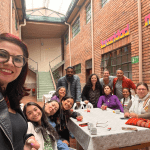
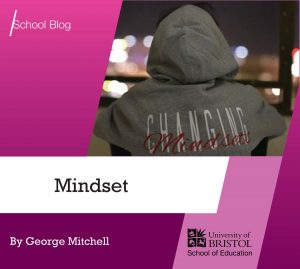 Blog post by George Mitchell, MFL PGCE student; School of Education, and Sport Psychologist
Blog post by George Mitchell, MFL PGCE student; School of Education, and Sport Psychologist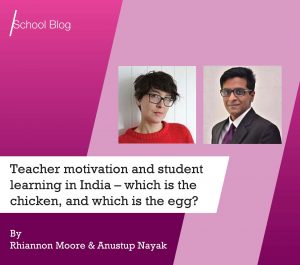 Blog post by Rhiannon Moore (PhD student, School of Education, University of Bristol) and Anustup Nayak, (Project Director for Classroom Instruction and Practice, Central Square Foundation)
Blog post by Rhiannon Moore (PhD student, School of Education, University of Bristol) and Anustup Nayak, (Project Director for Classroom Instruction and Practice, Central Square Foundation)